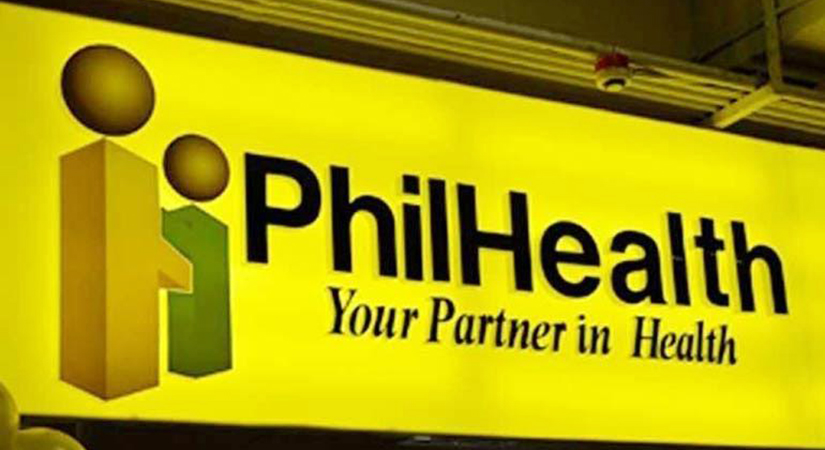
The National Bureau of Investigation (NB) on Friday filed corruption complaints against former Philippine Health Insurance Corp. (PhilHealth) President Ricardo Morales and eight other officials, according to the Justice department.
They also face complaints at the Office of the Ombudsman for malversation, violation of the Tax Code and for failing to withhold taxes on payments to private corporations, Justice Secretary Menardo I. Guevarra told reporters in a Viber group message.
This was in connection with cash advances given to ineligible healthcare institutions in Metro Manila, among other things.
“More complaints will be filed in the next few days/weeks against erring PhilHealth personnel and their cohorts,” he said.
A task force headed by the Justice department earlier submitted its recommendation to President Rodrigo R. Duterte to sue PhilHealth officials for graft. It did not include Health Secretary Francisco Duque III, who is PhilHealth chairman, in the charges.
The Senate committee of the whole had sought graft and malversation charges against Mr. Duque, Mr. Morales and other high-ranking PhilHealth officials for corruption.
Mr. Morales has denied any wrongdoing.
Meanwhile, a plan to abolish corruption-laden PhilHealth could lead to more Filipinos being poor, according to a congressman.
The law on universal healthcare provides a 30% health subsidy “for every poor individual’s hospitalization, which is a big amount for every household near the poverty threshold,” Marikina Rep. Stella Luz A. Quimbo told BusinessWorld on Friday.
“If the expense would now shift from PhilHealth to the family, will they now fall below the poverty line?” she said. “Clearly, if your expenses will increase, there is more possibility that you will fall below the poverty line.”
Ms. Quimbo, who is also an economist, said at least 20.9 million Filipinos are at risk of falling below the poverty line.
Based on her conservative estimate, 14.2 million Filipinos belonging to the bottom income decile spend P15,000 for hospitalization, while those with level two to three income deciles or about 24 million Filipins spend P23,000.
“It will be the first to third income deciles who will be the most vulnerable,” she said. “That’s about 20 millon Filipinos.”
The lawmaker said the President should instead privatize PhilHealth. “Whether we privatize it entirely or by segments, it should be a careful study,” she added.
Newly appointed PhilHealth chief Dante A. Gierran earlier said that the privatization of PhilHealth could send a wrong signal that the government could no longer be trusted.
Presidential Spokesperson Harry L. Roque on Friday said PhilHealth’s privatization “goes against the very principle of universal healthcare.”
But Ms. Quimbo said the public has lost confidence in the state insurer.
She has filed House Bill 7429, otherwise known as the Social Health Insurance Crisis Act of 2020, which seeks to empower the President to privatize the agency. — Vann Marlo M. Villegas and Kyle Aristophere T. Atienza
